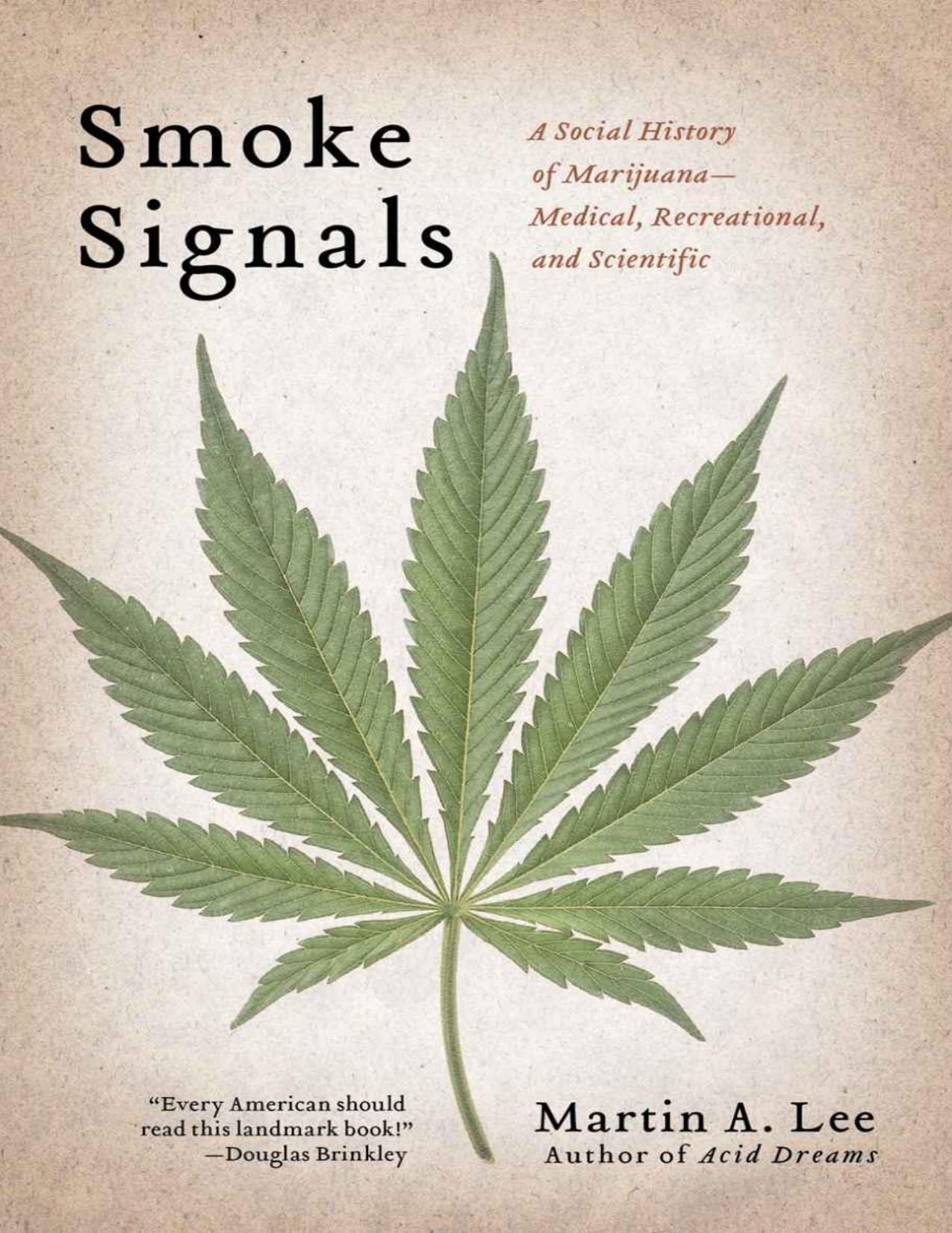Smoke Signals: A Social History of Marijuana - Medical, Recreational and Scientific by Lee Martin A

Author:Lee, Martin A. [Lee, Martin A.]
Language: eng
Format: epub, pdf
Publisher: Scribner
Published: 2012-08-13T21:00:00+00:00
Veterans for Drug-War Peace
Sometimes all it took was a loud noise or the smell of diesel or barbecued meat. Instantly it all came back: the unspeakable horror of war, suffering so intense that it changes the way a person’s brain functions. Ambushes, booby traps, “improvised explosive devices,” fallen comrades, napalmed flesh, limbless children—the mind-altering pressure of being on high alert 24/7 made active-duty soldiers susceptible to violent mood swings, emotional meltdowns, and homicidal fantasies. These were telling signs of posttraumatic stress disorder, otherwise known as PTSD, a crippling mental illness that afflicts a high percentage of U.S. military veterans.
Legions of American vets have returned from their tour of duty psychologically shattered, strung out on drugs, and fearful of government retribution if they reported their mental problems. Studies on the problems of military vets demonstrated strong links between combat-related posttraumatic stress and high rates of unemployment, homelessness, substance abuse (particularly alcoholism), suicide, domestic violence, criminality, and imprisonment. Fifty-eight thousand American soldiers died in Vietnam; nearly twice that number would kill themselves after the war.
“PTSD is not a disorder. It’s a rational response to what you’ve seen,” contends Al Byrne, a retired career navy officer. “I was terrified in Vietnam, I was scared to death and anybody who tells you they weren’t wasn’t there.”
A tall, strapping New Englander, Byrne was a starting fullback on Notre Dame’s rugby team before he joined the navy and served in Southeast Asia in the early 1970s. Exposed to Agent Orange (a highly toxic U.S. chemical weapon) and struggling with combat-related anxiety, Byrne joined a support group for veterans after the war and became a peer counselor for those disabled by PTSD. He spent much of the late 1980s in the Appalachian Mountains, seeking out troubled, disillusioned military vets who had gone into hiding. Many Vietnam veterans found that nothing could calm the storm that raged in their heads like a few puffs of weed.
“Eighty to ninety percent of the vets I counseled used cannabis—with good results,” said Byrne. “In some cases, they gave up harder drugs. They drank less alcohol. They could sleep through the night. If you can’t sleep, your world goes to hell in a hand basket real fast. The ability to sleep was instrumental in getting everything else straightened out. For many veterans, cannabis was literally a lifesaver.”
When Byrne visited Veterans Administration hospitals, wounded soldiers would confide that they much preferred marijuana to Valium and other pharmaceutical mood enhancers prescribed by VA docs. “Guys would come up to me and say, ‘Al, you see these pills the doctor gave me? You know what we do with them? We either sell them on the street or swap them for pot.’ ” According to Byrne: “It was an open secret at any number of VA hospitals in the United States that if you needed to smoke cannabis just go on the roof. Somebody up there always had a match.”
Byrne’s wife, Mary Lynn Mathre, ran a substance abuse program for veterans. Trained as a Vietnam-era navy nurse, she was both an addictions specialist and an outspoken advocate for medicinal cannabis.
Download
Smoke Signals: A Social History of Marijuana - Medical, Recreational and Scientific by Lee Martin A.pdf
This site does not store any files on its server. We only index and link to content provided by other sites. Please contact the content providers to delete copyright contents if any and email us, we'll remove relevant links or contents immediately.
| African Americans | Civil War |
| Colonial Period | Immigrants |
| Revolution & Founding | State & Local |
Cat's cradle by Kurt Vonnegut(15335)
Pimp by Iceberg Slim(14488)
4 3 2 1: A Novel by Paul Auster(12375)
Underground: A Human History of the Worlds Beneath Our Feet by Will Hunt(12090)
The Radium Girls by Kate Moore(12018)
Wiseguy by Nicholas Pileggi(5770)
The Fire Next Time by James Baldwin(5431)
Perfect Rhythm by Jae(5398)
American History Stories, Volume III (Yesterday's Classics) by Pratt Mara L(5300)
Paper Towns by Green John(5179)
Pale Blue Dot by Carl Sagan(4996)
A Higher Loyalty: Truth, Lies, and Leadership by James Comey(4954)
The Mayflower and the Pilgrims' New World by Nathaniel Philbrick(4493)
The Doomsday Machine by Daniel Ellsberg(4484)
Killers of the Flower Moon: The Osage Murders and the Birth of the FBI by David Grann(4435)
The Sympathizer by Viet Thanh Nguyen(4384)
Too Much and Not the Mood by Durga Chew-Bose(4337)
The Borden Murders by Sarah Miller(4313)
Sticky Fingers by Joe Hagan(4188)
